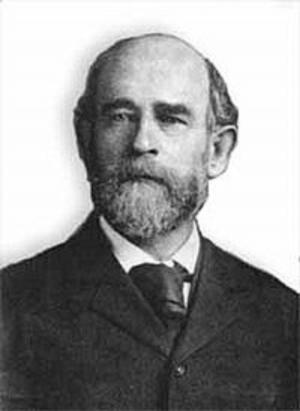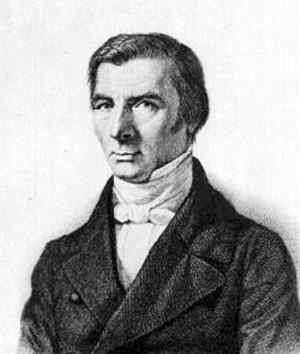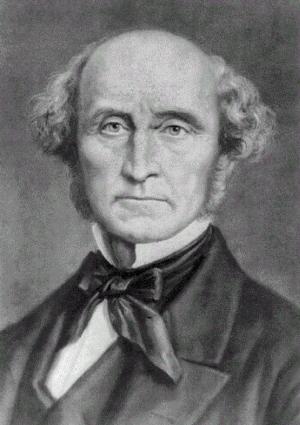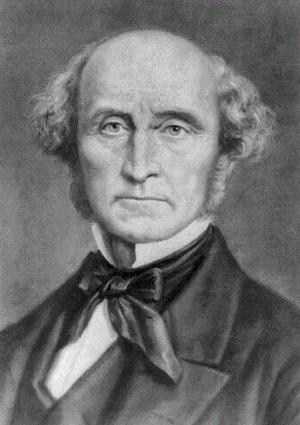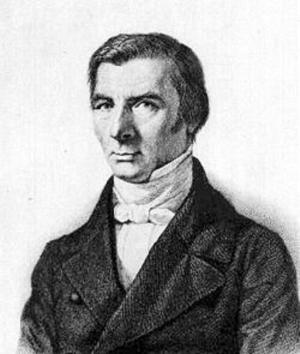Imperialism, The Highest Stage of Capitalism (Illustrated and Bundled with Capital Volume One to Volume Four)
Business & Finance, Economics, Macroeconomics, Theory of Economics| Author: | Vladimir Ilyich Lenin | ISBN: | 1230000260052 |
| Publisher: | AS Team | Publication: | August 12, 2014 |
| Imprint: | Language: | English |
| Author: | Vladimir Ilyich Lenin |
| ISBN: | 1230000260052 |
| Publisher: | AS Team |
| Publication: | August 12, 2014 |
| Imprint: | |
| Language: | English |
The book has an active table of contents for readers to access each chapter of the following titles:
1. Imperialism, The Highest Stage of Capitalism – V.I.Lenin
2. Capital Volume One – Karl Marx
3. Capital Volume Two – Karl Marx
4. Capital Volume Three – Karl Marx
5. Capital Volume Four – Karl Marx
Lenin developed and extended Marx theory to a practical level to deliver the first socialistic country Soviets. Lenin made a bold predication in the book “Imperialism, The Highest Stage of Capitalism” that capitalism would die after the state of imperialism. In Lenin’s mind, he truly believed and sketched out that socialism would replace capitalism as a new direction of human civilization.
In the spring of 1916, Lenin wrote Imperialism, the Highest Stage of Capitalism in Zürich. This thesis pointed out that the merging of banks and industrial cartels gave rise to finance capital, the basis of imperialism and the zenith of capitalism. In pursuing greater profits than the home market can offer, business exports capital, which, in turn, leads to the division of the world, among international, monopolist firms, and to European states colonizing large parts of the world, in support of their businesses. Imperialism, thus, is an advanced stage of capitalism based upon the establishment of monopolies, and upon the exportation of capital (rather than goods), managed with a global financial system, of which colonialism is one feature.
Lenin's arguments appear familiar for globalization today. However, As British Prime Minister Winston Churchill once said “He (Lenin) alone could have found the way back to the causeway... The Russian people were left floundering in the bog. Their worst misfortune was his birth... their next worst his death.” Soviets were passed away and socialistic countries based on Marx’s theory and Lenin’s model failed on a global scale.
Karl Marx’s Capital and Lenin’s Imperialism presents their complete views about economic foundation of socialism. These foundational thoughts and views were adapted into the legal systems and policies of socialistic countries that failed in a massive way.
Without any doubt, Capitalism and Free Market are facing many issues and challenges. Many of arguments in the two books by Karl Marx and Lenin appear familiar for globalization happing today. But one thing for sure is that communism and socialism pioneered by Marx and Lenin are not the universal solution to solve the problems and to address issues we are facing today.
Lenin’s solution of building Soviets to address issues of Capitalism is catastrophic to the world. An estimated 70 million people may have died under the soviet regime. The human cost was enormous. Yet despite all this, Lenin’s Soviets are worshipped by millions as a great model by other countries including North Korea and some aged followers in China today.
History is a mirror for us. Reading the books written by Marx and Lenin, we can have a second thought on globalization and our future direction. This can help us avoid paying unnecessary human cost we made in the past by socialistic countries including Soviets and China.
This is a must-read collection to understand the nature of a socialistic country, the thought of communism and socialism, and the globalization view of Marx and Lenin.
The book has an active table of contents for readers to access each chapter of the following titles:
1. Imperialism, The Highest Stage of Capitalism – V.I.Lenin
2. Capital Volume One – Karl Marx
3. Capital Volume Two – Karl Marx
4. Capital Volume Three – Karl Marx
5. Capital Volume Four – Karl Marx
Lenin developed and extended Marx theory to a practical level to deliver the first socialistic country Soviets. Lenin made a bold predication in the book “Imperialism, The Highest Stage of Capitalism” that capitalism would die after the state of imperialism. In Lenin’s mind, he truly believed and sketched out that socialism would replace capitalism as a new direction of human civilization.
In the spring of 1916, Lenin wrote Imperialism, the Highest Stage of Capitalism in Zürich. This thesis pointed out that the merging of banks and industrial cartels gave rise to finance capital, the basis of imperialism and the zenith of capitalism. In pursuing greater profits than the home market can offer, business exports capital, which, in turn, leads to the division of the world, among international, monopolist firms, and to European states colonizing large parts of the world, in support of their businesses. Imperialism, thus, is an advanced stage of capitalism based upon the establishment of monopolies, and upon the exportation of capital (rather than goods), managed with a global financial system, of which colonialism is one feature.
Lenin's arguments appear familiar for globalization today. However, As British Prime Minister Winston Churchill once said “He (Lenin) alone could have found the way back to the causeway... The Russian people were left floundering in the bog. Their worst misfortune was his birth... their next worst his death.” Soviets were passed away and socialistic countries based on Marx’s theory and Lenin’s model failed on a global scale.
Karl Marx’s Capital and Lenin’s Imperialism presents their complete views about economic foundation of socialism. These foundational thoughts and views were adapted into the legal systems and policies of socialistic countries that failed in a massive way.
Without any doubt, Capitalism and Free Market are facing many issues and challenges. Many of arguments in the two books by Karl Marx and Lenin appear familiar for globalization happing today. But one thing for sure is that communism and socialism pioneered by Marx and Lenin are not the universal solution to solve the problems and to address issues we are facing today.
Lenin’s solution of building Soviets to address issues of Capitalism is catastrophic to the world. An estimated 70 million people may have died under the soviet regime. The human cost was enormous. Yet despite all this, Lenin’s Soviets are worshipped by millions as a great model by other countries including North Korea and some aged followers in China today.
History is a mirror for us. Reading the books written by Marx and Lenin, we can have a second thought on globalization and our future direction. This can help us avoid paying unnecessary human cost we made in the past by socialistic countries including Soviets and China.
This is a must-read collection to understand the nature of a socialistic country, the thought of communism and socialism, and the globalization view of Marx and Lenin.


